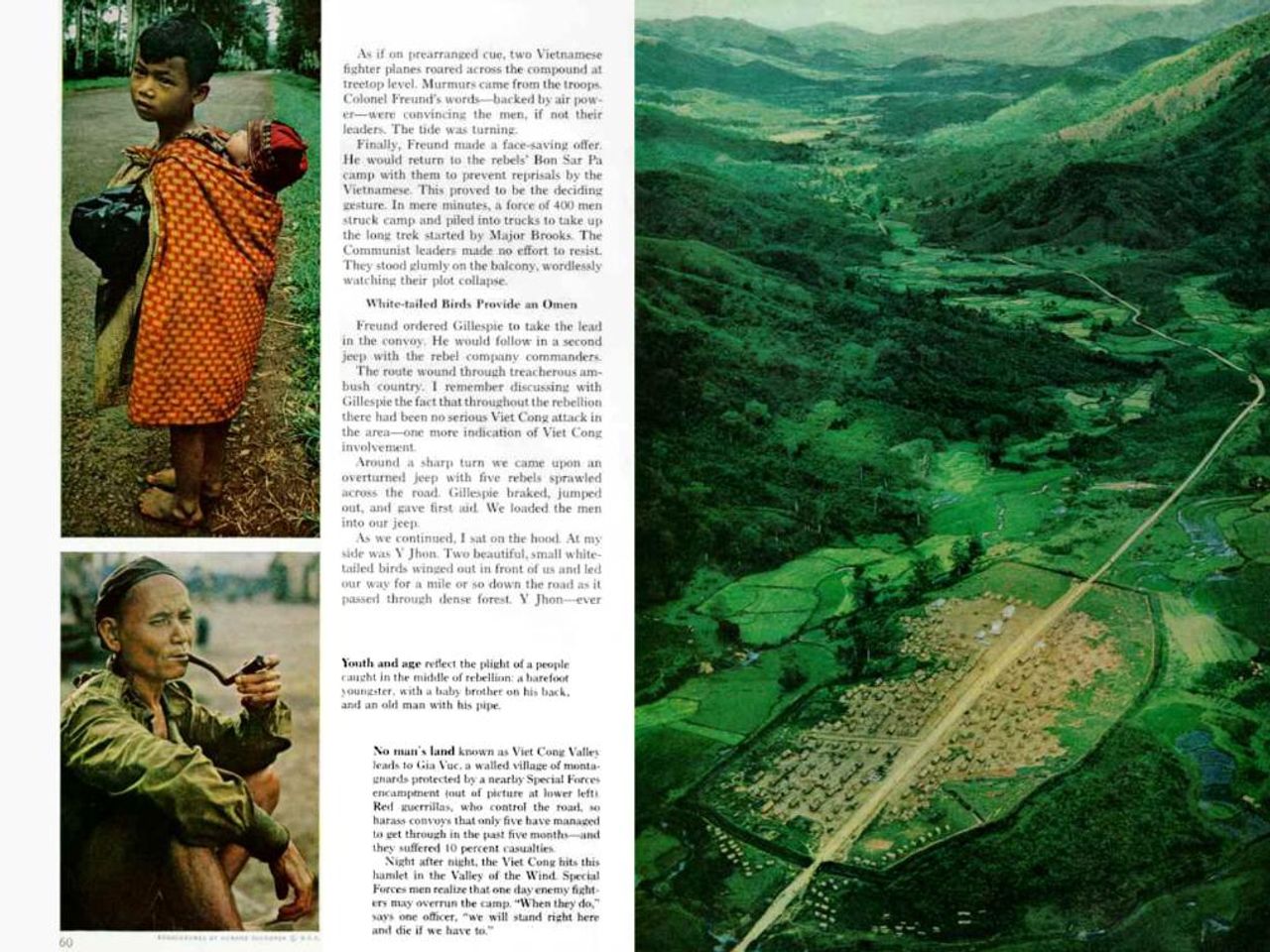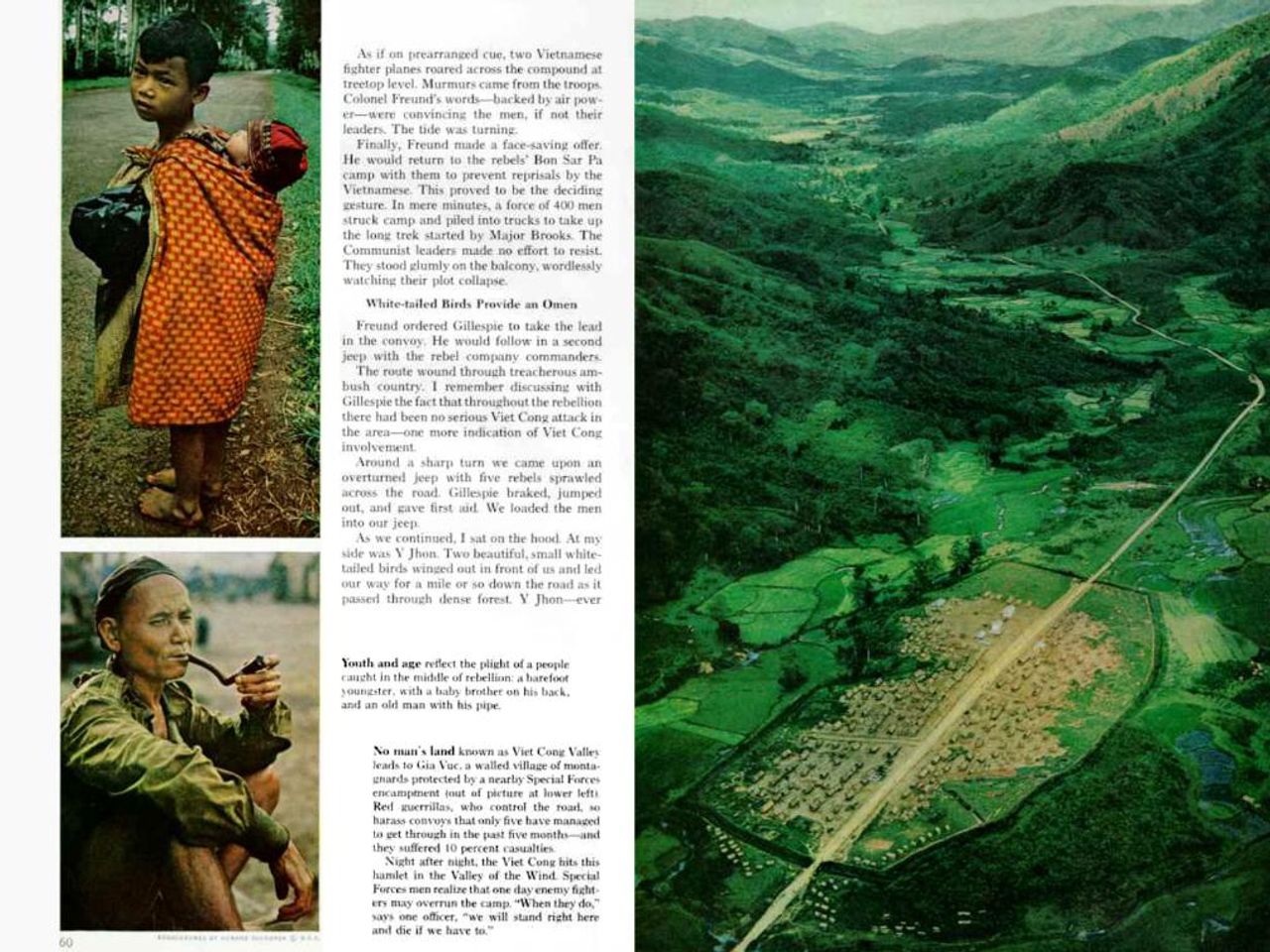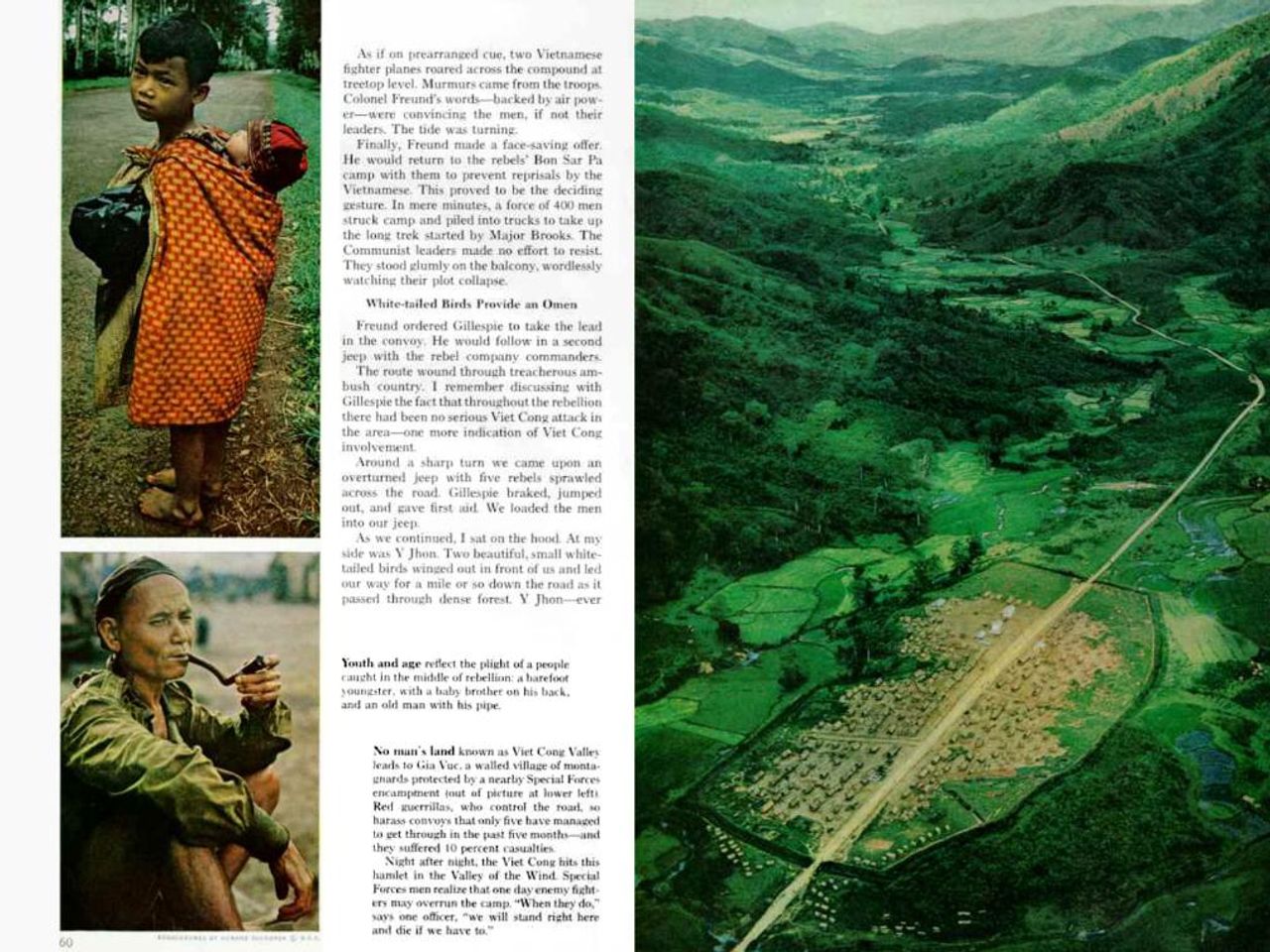Celebrating the End of World War II: A Tale of Two Styles
Russia commemorates the victory over Nazi Germany in a grand military spectacle. - Commemorating triumph over Nazi forces, Russia stages grand military showcase
Get ready for a historical showdown as nations commemorate the end of the Nazi reign, with Moscow being the epicenter of the grand spectacle. Here's a lowdown on why Russia and Western Europe choose different days to remember this momentous event.
The Moscow Milestone
With the clock chiming past midnight in Moscow, the city gears up to host a lavish military parade on May 9. The event, set to draw more than 20 foreign leaders such as Chinese President Xi Jinping, spotlights Russia's role in defeating Nazi Germany. Despite some EU leaders shying away from Moscow, Slovak Prime Minister Robert Fico will be present.
The Western Weekend
In contrast, Western Europe marks the event on May 8, known as Victory in Europe (V-E) Day, owing to the formal surrender of Germany in the Central European time zone. Although acknowledging the Soviet Union's significant contribution to defeating Nazism, western nations tend to focus on the Allied efforts across all fronts. The D-Day invasion of Normandy, for instance, plays a major part in this narrative.
Time Zone Tussle
The difference in dates is primarily due to time zones. Since the surrender ceremony took place after midnight in Moscow's time zone, Russians celebrate this historic win on May 9.
Clashing Commemoration Styles
Russia's commemoration comprises bombastic military parades that double as a display of their military might. Events like these serve as a platform for Russian leaders, such as Putin, to emphasize the nation's power and the stories of their tragic sacrifices.
In contrast, Western European commemorations emphasize peace, international cooperation, and the broader sacrifices of World War II. They typically shun grand military parades, focusing on remembrance, unity, and reflection instead.
In essence, the choice of date is rooted in history and time zones, while the commemoration styles reflect the differing historical narratives and cultural values between Russia and Western Europe.
- On May 9, Moscow celebrates the anniversary of the victory over Nazi Germany with a grand military parade, attended by numerous foreign leaders like Chinese President Xi Jinping, highlighting Russia's role in World War II.
- In contrast, Western Europe marks the end of World War II on May 8, known as Victory in Europe (V-E) Day, focusing on the significant contributions of the Soviet Union, the Allied efforts across all fronts, and the peace that followed.
- The time zones of Moscow and the Central European time zone primarily dictate the difference in the commemoration dates, with Russians celebrating the historic win a day after its surrendering ceremony in their zone.
- The commemoration styles of Russia and Western Europe vary dramatically; while Russia invests in bombastic military parades that accentuate their military strength and tragic losses, Western Europe leans towards peace, international cooperation, and reflections on the broader sacrifices of World War II.







